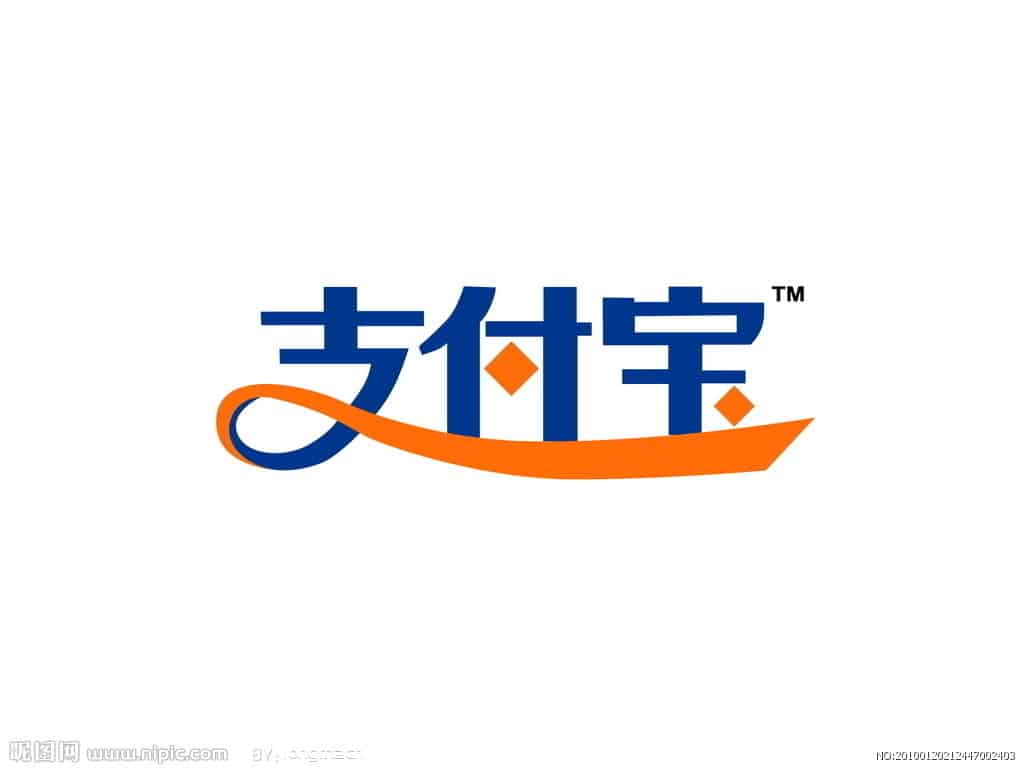The vice-governor of the People’s Bank of China has called for the Chinese payments sector to use the One Belt One Road initiative to expand into overseas markets.
At the launch of the latest “China Payments and Settlement Development Report (2017)” on 18 May by the National Institution for Finance and Development,PBOC vice-governor Fan Yifei called for the payments sector to “go abroad” in the development of marketised operations.
Fan said that under the guidance of regulators for the payments sector, Chinese companies should provide multiple financing channels and payment services to populations in One Belt One Road participating nations.
Fan called for the Chinese payment sector to use the fruits of Fintech to promote the localised development of online payments, mobile banking and other operations, as well as share the fruits of the development of the payments sector will all people, and increase the level of financial inclusiveness.
The remarks from the PBOC vice-governor follow ongoing efforts by China’s leading Fintech companies such as AliPay and TenCent to expand their operations into overseas jurisdictions.
AliPay recently entered a partnership with US payment processor First Data in a bid to expand into the stateside market, while AliBaba affiliate Ant Financial is in the midst of a hardscrabble battle to acquire MoneyGram International.
AliPay has a presence in 22 countries and regions, including the EU, the US, Japan, South Korea, Hong Kong, Taiwan and Macau, while WeChat has a presence in 12 different countries.
Fan wants China’s payments sector to fully exploit its technological advantages to expand its network services scope and support interactions with One Belt One Road participants.
In his view creating a basic payments and financing infrastructure for One Belt One Road participants would be of benefit to expediting the efficiency and overall stability of financial markets.
“The People’s Bank encourages the payments sector to engage in technological innovation as well as promote general-use standards…and create operations and technological standards that lead the development of the international payments sector.”
PBOC has also sought to continually improve its interaction and cooperative mechanisms with other central banks over recent years, in the form of greater participation in international regulation of the payments sector and multilateral dialogues, as well as raise China’s profile and sway when it comes to the formulation of international regulations.
While China was the chair nation of the G20 last year it actively promoted the “G20 High-Level Principles for Digital Financial Inclusion,” which was based upon China’s own experiences in the development of its payments system and services environment.
Fan indicated that PBOC would abet the development of China’s payments sector by making the development of infrastructure the core of its modernised payments system, with non-banking payment organisation and specially approved settlement organisation systems serving as auxiliaries.
According to Fan China’s multi-level payment and settlement network system for both domestic and cross-border payments has already reached leading international standards in terms of service functions and processing efficiency.
Citing China UnionPay as an example, Fan noted that its cross-border processing network already encompasses 160 different countries and regions, including over 80% of One Belt One Road participants.
Fan said that the Chinese payments giant had actively engaged in cooperation with One Belt One Road nations in the development of technical standards and systems.
The Asian Payments Network has approved UnionPay card technology standards, while UnionPay has played a key role in the development of the Laos payment system.



